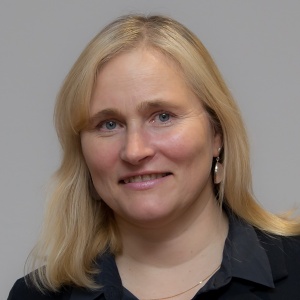The aim of this WG aims is to study the lines of communication between different types of upstream and downstream landowners and develop typologies which support the mobilization of private land for flood risk management. Successful programs of measures to enhance flood retention capacities and reduce downstream flood risks are not only hampered by the limited availability and accessibility of private land suitable for flood retention but also by the lack of communication. In order to better mobilize private land for flood retention all relevant actors need to recognize how lines of communication differ depending on hydrological and institutional relationships and how forms of communication may be developed based on understanding these relationships.
WG2 tasks are:
- study how individual and aggregate downstream property owners subject to flooding can communicate with individual and aggregate upstream property owners
- study how publicly governed areas subject to flooding (counties, cities, etc.) can communicate with individual and aggregate upstream property owners
- produce reports and guidance documents to support adoption of natural water retention measures on privately owned land to reduce food risk based on the above studies
organize regional workshops to share information between practitioners

Dennis Collentine
WG3 LeaderUniversity of Gavle Sweden

Kristina Veidemane
WG3 co-leaderBaltic Environmental Forum Latvia
